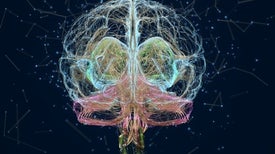
Unexpected Brain Chemistry Is behind the Element of Surprise
Animals learn especially well from surprising events, and the hormone noradrenaline may be one reason why

Animals learn especially well from surprising events, and the hormone noradrenaline may be one reason why
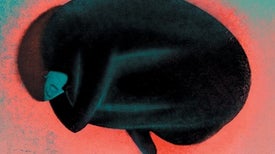
A combination of biological and social factors most likely explain the strong connection

Similar body odors might determine if two strangers will “click.”
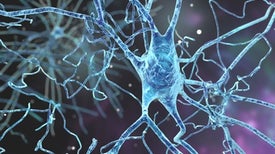
Huda Zoghbi is a clinician-scientist who studies the molecular mechanisms of neurodevelopment and neurodegeneration. This year she shared the Kavli Prize in Neuroscience for discovering the genetic pathways behind serious brain disorders...

Nothing is real about the colors you see here

Infants can form memories, just not the kind that recalls specific experiences
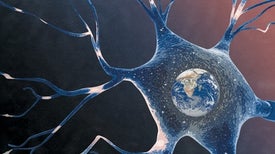
Neural activity probes your physical surroundings to select just the information needed to survive and flourish
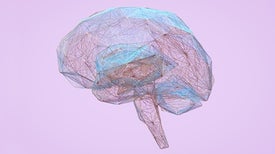
Several recent studies point to a small, long-overlooked structure in the brain stem as a crucial gatekeeper for the body’s signals
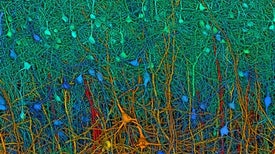
New technology is enabling neuroscientists to make increasingly detailed wiring diagrams that could yield new insights into brain function

Implants are becoming more sophisticated—and are attracting commercial interest
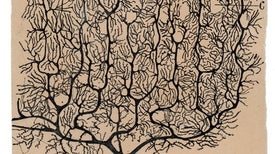
Modern brain science as we know it began with the work of Santiago Ramón y Cajal, whose creative thought sprang from memories of a childhood spent in the preindustrial Spanish countryside...
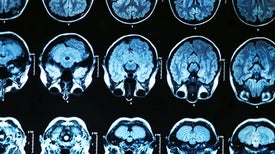
Researchers hope they could one day be used as a routine clinical tool by physicians.

A statistical analysis finds evidence for shooting streaks in real game situations

Science—and experience—show that we most definitely see faces in inanimate objects. But new research finds that, more often than not, we perceive those illusory faces as male...

Researchers say that such bio-integrated systems could be the future of prosthetics
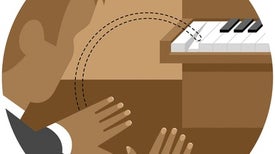
An unsettling illusion points to both philosophy and robotics
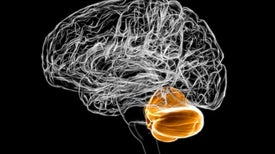
A structure known as the cerebellum acts as a brake on consumption
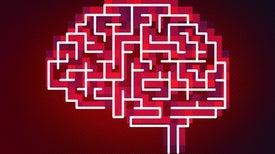
The neuromorphic computing device solved the puzzle by working like an animal brain would

In search of answers, a neurobiologist looks to rodents

One brain region is crucial for our ability to form and maintain a consistent identity both now and when thinking about the future
Support science journalism.

Thanks for reading Scientific American. Knowledge awaits.
Already a subscriber? Sign in.
Thanks for reading Scientific American. Create your free account or Sign in to continue.
Create Account